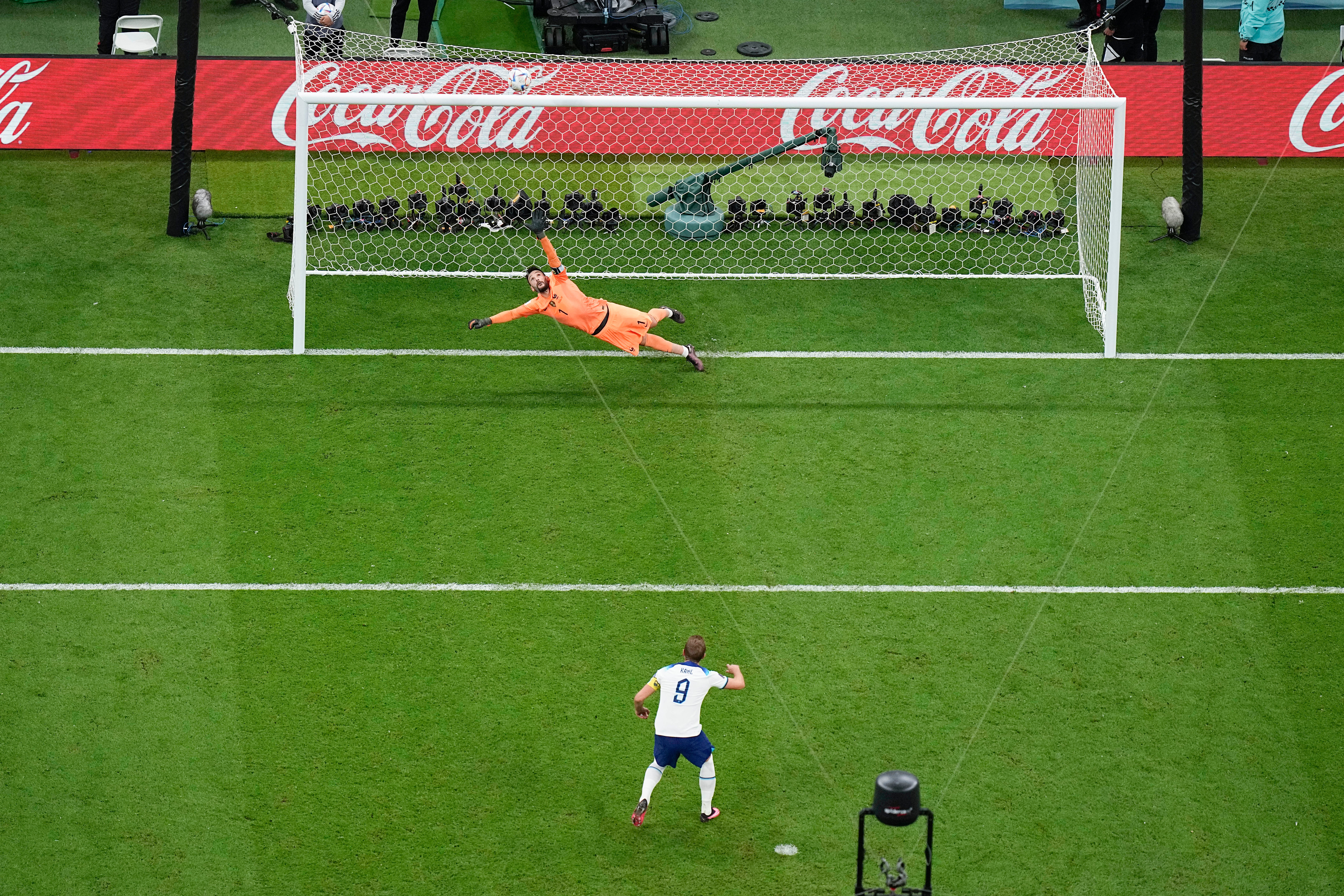England v Switzerland: How penalty shootouts work at Euro 2024
England and Switzerland were drawing in extra time as a penalty shootout loomed

Your support helps us to tell the story
From reproductive rights to climate change to Big Tech, The Independent is on the ground when the story is developing. Whether it's investigating the financials of Elon Musk's pro-Trump PAC or producing our latest documentary, 'The A Word', which shines a light on the American women fighting for reproductive rights, we know how important it is to parse out the facts from the messaging.
At such a critical moment in US history, we need reporters on the ground. Your donation allows us to keep sending journalists to speak to both sides of the story.
The Independent is trusted by Americans across the entire political spectrum. And unlike many other quality news outlets, we choose not to lock Americans out of our reporting and analysis with paywalls. We believe quality journalism should be available to everyone, paid for by those who can afford it.
Your support makes all the difference.England and Switzerland could be heading to a penalty shootout in their Euro 2024 quarter-final.
Drawn knockout matches are decided first by 30 minutes of extra time and then, if the scores are still level, a penalty shootout.
How penalty shootouts work
In a penalty shootout, each team takes turns trying to score from 12 yards out, with one player taking a shot against the opposition goalkeeper.
A coin toss is made before the shootout to decide at which end of the stadium the penalties are taken (it is considered an advantage to shoot in front of your own supporters) and then to decide which team takes first (it is considered an advantage to go first and put pressure on the opponents by scoring).
The shooting player is not allowed to 'dummy' – pretend to shoot – while the goalkeeper is not allowed to step forward off the goal line before the penalty is kicked. If a goalkeeper steps forward before the kick while producing a save, the penalty will be retaken.
Goalkeepers are allowed to distract the shooting player, but within reason. As long as the ball does not cross the goal line, there is no goal. All of the ball must cross the line for it to count as a goal.
Shootouts work on a 'first to five' system, meaning if one team scores five penalties and the other scores four while missing one, the team with five goals wins. If both teams get to five goals, it becomes sudden death as more and more players try their luck.
Sudden death is when each team takes a further penalty each, repeated until the first team scores when the other does not.
Who takes penalties?
Managers have to submit their list of penalty takers to the referee before the shootout begins. They can only select the players on the pitch at the full-time whistle after extra time, so players substituted during the game cannot take a penalty, and neither can substitutes who stayed on the bench.
Goalkeepers are allowed to take penalties, and indeed are obliged to take one once a team gets down to their 11th penalty kick, if they haven’t already.
Join our commenting forum
Join thought-provoking conversations, follow other Independent readers and see their replies
Comments